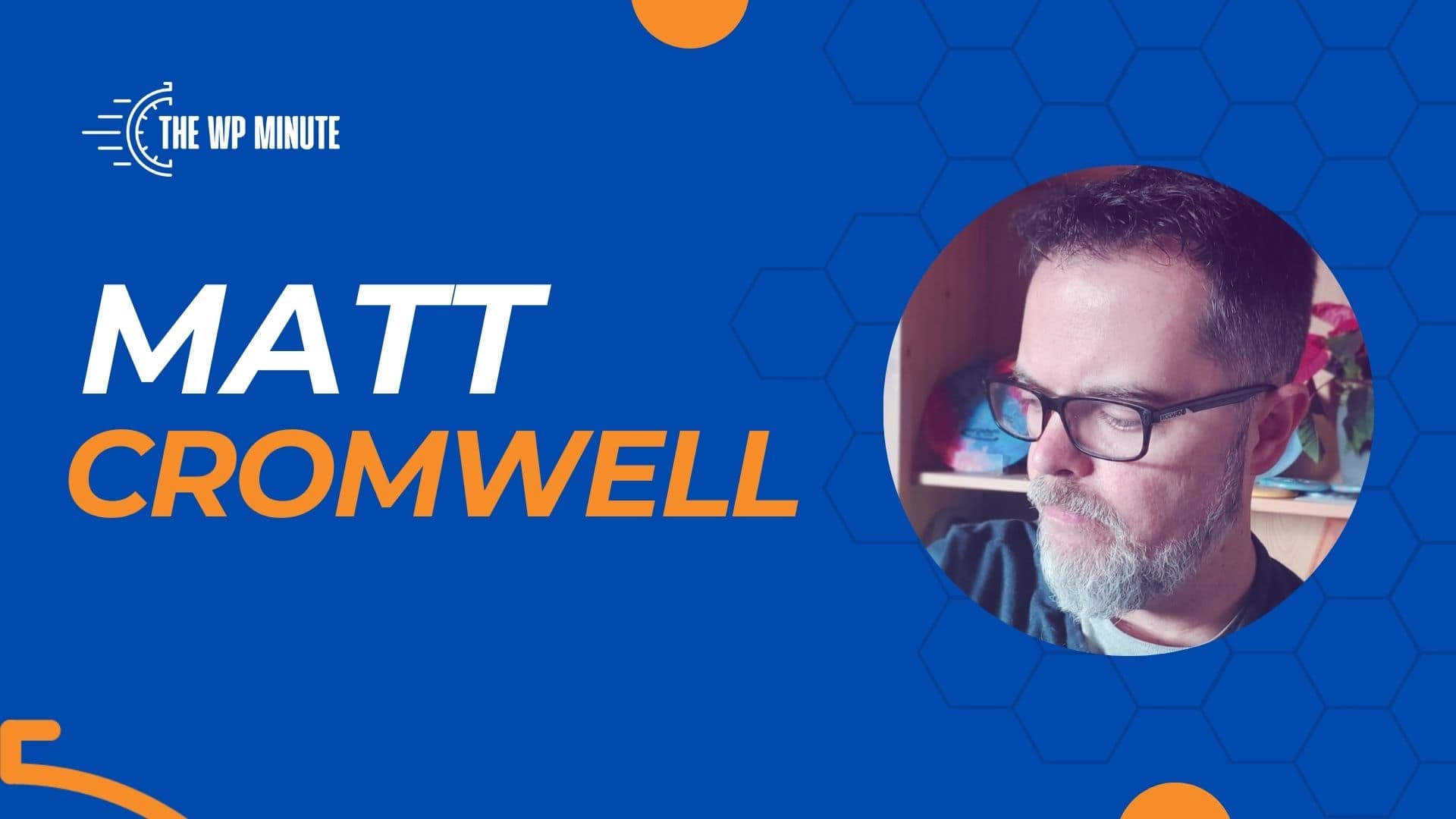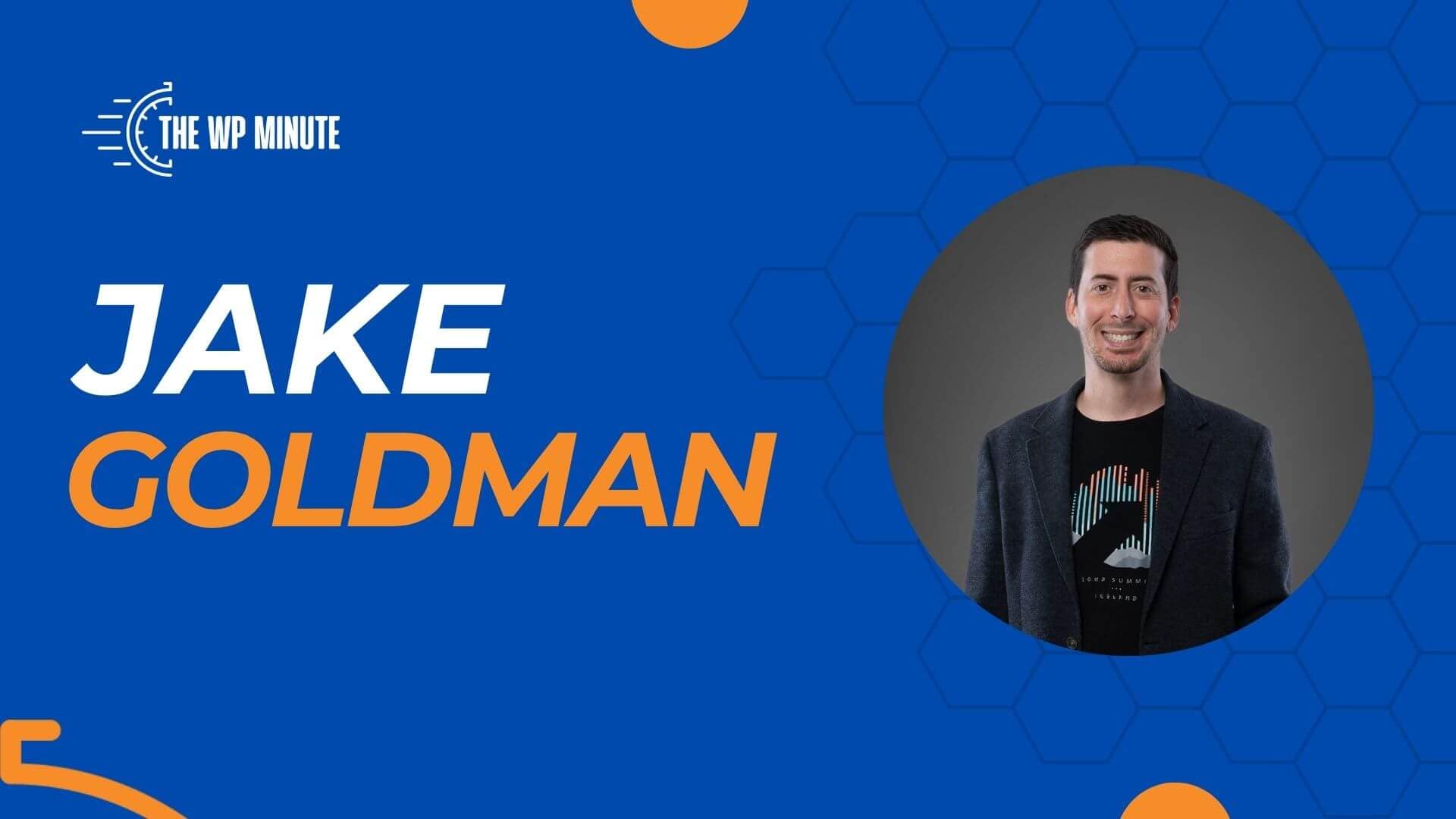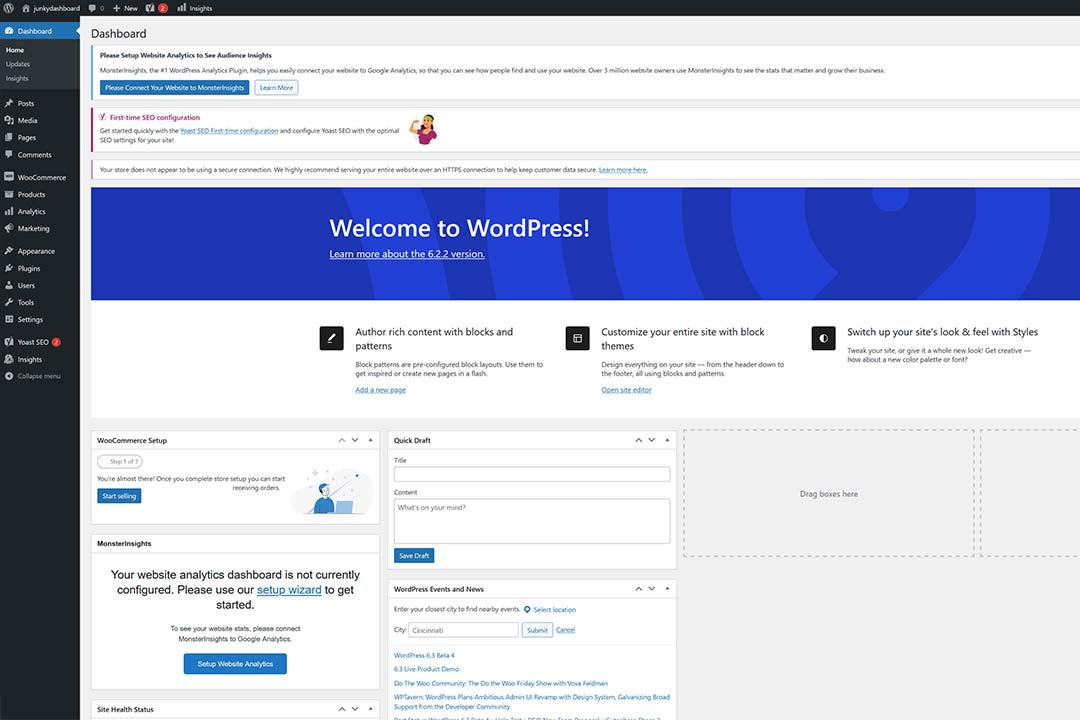If you use WordPress to power your website projects, it’s a safe bet that you like one or more aspects of it. The content management system (CMS) has its flaws – but plenty of benefits, too.
Still, even if you love WordPress, it’s not the easiest thing to explain to clients. The fact that it’s both free and open-source makes it somewhat unique in the business world. And the vast theme and plugin ecosystem means a piecemeal approach to building websites. Then there’s the subject of hosting, which is not one size fits all.
Frankly, it can be a confusing subject. Attempting to have a conversation about what WordPress does and why you recommend it is a challenge. This is particularly the case for niche websites, such as an eCommerce or membership site. With so many moving parts, it’s no surprise if a client responds with a blank stare.
Yes, nearly two decades into its life, the benefits of WordPress are still difficult to put into words. But introducing your clients to it doesn’t have to be painful.
Today, we’ll share some ideas for educating your clients about the wonders of WordPress. Let’s get started!
WordPress Is Like a Buffet
How do you simplify a complicated subject? One method involves comparing it to something more familiar to your client.
For example, let’s think about the concept of a buffet. It’s a system of serving food that allows you to grab an empty plate and pick only the items you want. Maybe you’ve done this at a family gathering, restaurant, or even school. Regardless, it’s something that many of us have experienced.
What does this have to do with WordPress? Well, think of the core software as an empty plate. You take it and add whatever look (in the form of a theme) and functionality (plugins) you need.
Together, these various items form the basis of a custom website. If you need a contact form, the virtual buffet table has plenty to choose from. The same goes for photo galleries, social media integrations, and security enhancements.
This isn’t to say that you have to explain WordPress using this particular analogy. But the idea is to make the concept more relatable. That could mean something different for you and your clients.
Picking the Best Apples (Or Plugins)
Once you get past the basics of WordPress, there’s still another elephant in the room (one that goes beyond PHP). The plugin ecosystem can be incredibly difficult to navigate.
A plugin could be any of the following: completely free, commercial, or a freemium product. And there’s no singular place to contact for support. Oh, and then there are the differences in licensing.
Even so, clients must understand what they’re paying for, why they’re paying it, along with how it benefits their website.
To simplify, let’s try another analogy: choosing WordPress plugins is like picking apples. You could come across an apple tree and find a perfectly tasty fruit for free. If you go to the grocery store, there will be several varieties – and some will have a higher cost than others.
Similarly, WordPress plugins come from many sources. In the end, it’s about finding the ones that are the right fit for your project. Sometimes that will cost money. But by paying for a plugin, you’re ensuring that the product stays in active development. Sort of like how buying an apple helps a farmer continue to care for their trees.
Your professional experience also goes a long way. If you’ve worked with a plugin before, you can share what makes it the best of the bunch (or not).
Performing Routine Maintenance
After a WordPress website launches, it requires routine maintenance. That means applying updates to the core software, theme, and plugins. Frequent security audits are also part of the equation.
However, maintenance can be a blind spot for clients. It may not occur to them that their site needs regular attention. Or they might consider it to be an unnecessary expense.
This is where your ability to educate clients comes in handy. To make them aware of how important WordPress maintenance is, another familiar reference comes to mind: automobiles.
No matter what type of vehicle you drive or ride in, it’s vital to keep up with routine maintenance. This helps to ensure that the engine runs smoothly and is safe to operate. Ignoring this need will eventually result in a breakdown or safety hazard.
The same types of risks apply to WordPress as well. Failing to maintain your website leads to security holes and the potential for broken functionality. Thus, implementing a maintenance plan is an investment in both the present and future.
Keeping It Simple
WordPress, its community, and its ecosystem make for some dense subject matter. It may be one of the big reasons why we have events such as WordCamps, where we get together to discuss the various aspects in person.
But how we discuss WordPress among fellow professionals is quite different than doing so with clients. Here, we don’t need to get too deep into the weeds with technical jargon.
When it comes to clients, simplicity is usually the best way forward. In practice, this means whittling WordPress down to its core purpose: what it does, how to add functionality, and what it means for their organization.
This empowers them to better understand the benefits and responsibilities that come with their website. From there, they may want to learn more – or leave it all to you. Either way, it will help to put you both in sync as your project moves forward.
Join The Newsletter
Get your favorite 5 minutes of WordPress news for busy professionals every week — 100% Free! Join the WP Minute Newsletter below 👇






